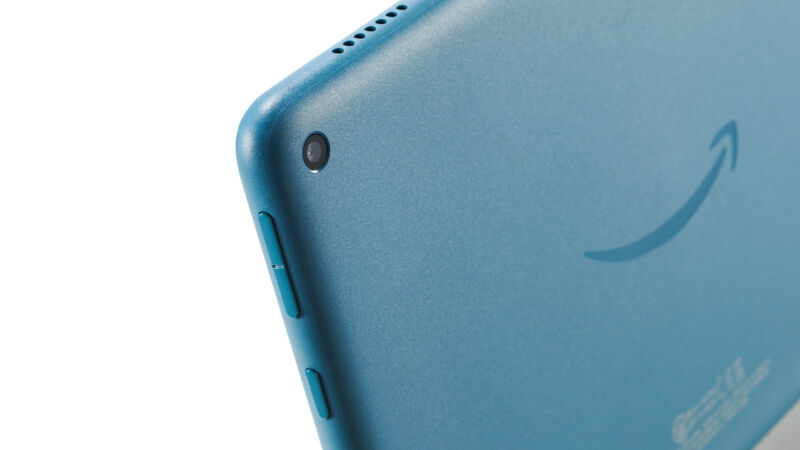Amazon Fire Tablets and other gear will reportedly switch away from Android

Getty Images / What Hi-Fi Magazine
Amazon has been working on an in-house replacement for its Android-based Fire OS, codenamed “Vega” and built for easier app development, according to reporting from Janko Roettgers at Lowpass.
Based on job listings, multiple sources, forum posts, and unguarded LinkedIn boasts, Roettgers writes that Amazon has been working on Vega since at least 2019, is mostly done with the core development, and is now focused on an SDK and developer outreach. Vega would replace the Fire OS that is installed on Fire TV sticks and televisions, Kindle Fire tablets, and other Amazon devices. Vega, based on “a flavor of Linux,” uses the popular JavaScript-based React Native as an application framework. This could simplify development for Fire devices alongside other React-ready platforms, including smartphones, desktops, and other smart TVs.
Fire OS is a fork of Android based on the Android Open Source Project (AOSP), but it’s far from the same thing. The Fire Max 11, a 2023 device, is running Fire OS 8, which is based on Android 11, released in 2020. As Roettgers points out, Fire TVs sold in 2023 are based on Android 9, from 2018. While an Android base provides a relatively familiar entry for developers that already have Android apps, rebuilding the AOSP project—meant to support a wealth of different devices and carrying years of technical debt—seemingly became frustrating enough for Amazon to push toward an in-house solution.
Vega could start shipping on Fire TV devices as early as next year, according to Roettgers’ sources. From there, the web-minded OS could move onto Echo smart displays, Fire tablets, and then future Amazon efforts, like in-car entertainment systems. Roettgers notes that with a custom OS, Amazon could better control the deployment of advertising and paid services to “a wide range of inexpensive devices.”
Ars reached out to Amazon for comment on this story.
There are larger implications for Amazon decoupling itself from Android’s obligatory open source offerings. Google previously sought to enforce a clause in its contracts with companies that offer its Play Store and Google services on their Android devices that they will not seek to use a fork of Android, like Fire OS, in other devices. Amazon and Google struck a deal (also reported by Roettgers) allowing for Fire TV manufacturers like TCL to continue making TVs with Android TV and Fire TV systems. Google’s official stance, however, remained the same. Even better than a contract-bending deal, perhaps, is not having to strike that deal at all.
A niche wrinkle to Amazon’s plans involves a strange byway of its Fire ecosystem. There’s an enthusiastic community built around buying Fire tablets for their economy-cheating low price, then side-loading the Play Store and other Google services onto them (and even restricting Amazon’s advertising presence on them). With Android’s much wider app economy, one could then use an augmented Fire device as a wall-mounted or table-sitting smart home controller, an informational display, or a hybrid tablet that’s slow but has a wider array of options. Abandoning Android removes that channel for tinkerers—at least until one of them gets into the bootloader.

